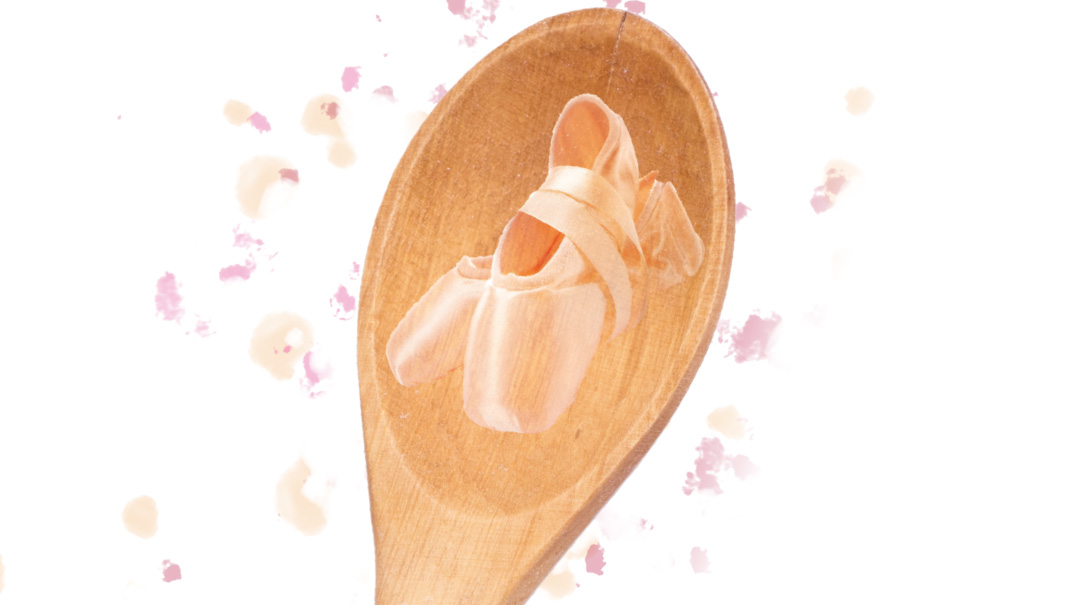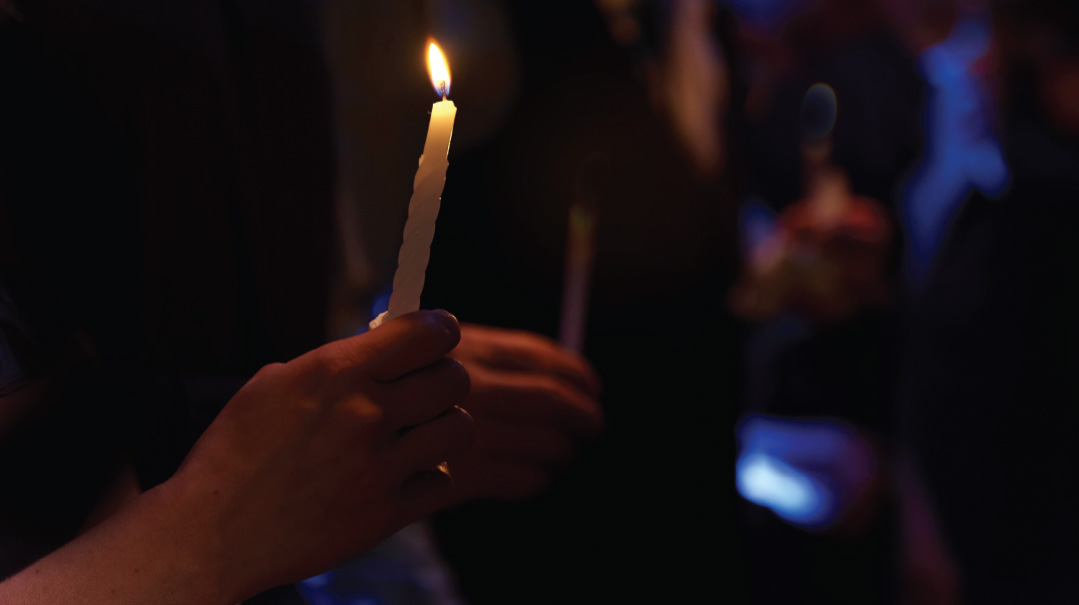Leaving a Legacy
| April 11, 2022Nine writers recount their search — and what they found

F
rom the age of seven, when anyone asked what I wanted to be when I grew up, my standard answer was “an actress.” I’d been performing from the time I could talk: reciting Kiddush from age two at the Shabbos table while standing on my chair, singing at my grandparents’ summer camp for seniors in upstate New York, and making up plays with my friends at playdates.
My first formal role, at seven years old, as Sleeping Beauty in a camp production, secured my dedication to the acting world. The thrill of transforming into another character and another life, and the attention I got from the director and my peers, all of it gave me a heady feeling of excitement and satisfaction — I was special and unique.
Throughout grade school and high school, acting became a safe haven for me in a storm of academic and social challenges. Never a top student academically or particularly popular, I felt like a persona non grata at my pluralistic Jewish school. But my low self-esteem rose when my classmates referred to me as “the actress.” I became queen of extracurricular activities, taking classes in singing, acting, and all forms of dancing — jazz, ballet, hip-hop — becoming, as they say in the business, a “triple threat.”
Summers were devoted to performing arts camps, many whose acceptance was contingent on auditions, which culminated in a play at the end of the session.
Every weekend, I’d grab the newspaper and eagerly flip to the Lively Arts Section where auditions were listed. I’d sit at the dining room table, legs tucked under me, a highlighter between my teeth, and pore over the listings, in search of companies that were looking to fill roles that fit my description. My dedicated parents drove me around town to auditions, and set up a bank account when I started landing paying roles at professional theaters.
Like all aspiring actresses, I was sure the future lay in Hollywood. I looked forward to revealing my talents to my classmates and the greater world, on a mega screen, larger than life. Fame and fortune would be my destiny.
Toward the end of my senior year in college, I had a rude awakening. My mother took me to Los Angeles on a pilot trip — to set me up with a manager and agent before I moved there for good.
I was disillusioned to discover a world that was more crude than soulful, calculating and competitive rather than transcendent. But I remained optimistic, until the end of the trip, when I had a meeting scheduled with an acting manager.
I pictured our meeting at a chic coffee shop, but instead we pulled up to a seedy Cuban restaurant, apparently all the rage among the entertainment insiders. I nursed a soda, which I paid for, while he dug into a full meal of oily, unappetizing food.
Though already turned off when we sat down at our table, I still eagerly anticipated a stimulating meeting of the minds, when he would invite me to share my love for acting and the performing arts. Instead, the manager slowly looked me over and declared, in unqualified terms, which roles would be appropriate for me, for seemingly no other reason than my appearance. Finally, he crumpled his napkin and ended our tête-à-tête.
I was devastated. I realized that continuing to venture into the entertainment business would strip me of my identity and soul.
Hashgachah pratis led me on a journey and I became frum, got married, and started a family. Several of my children were bitten by the acting bug, hatched, no doubt from my side of the family. However, growing up in a chareidi home, they experienced and expressed the craft in a vastly different way.
My teenage daughter, who loves nothing more than to listen to music and choreograph dances while flittering around the house, was recently cast in a musical at her school. “I feel bad for my friend who got the lead,” she told me between practices. “It totally takes her away from spending time with her friends. She always looks so tired!”
I stared at my daughter, recalling the hour-long tantrums I threw when denied the starring role, and was awestruck at her maturity, her solidness.
Performance day came, and as I watched her join her fellow female classmates on stage in a song and dance number, my heart soared. Their sweet faces beamed, their arms and legs, draped with modest, loose-fitting fabric, swung in tandem, bringing tears to my eyes. Here were girls getting enjoyment simply from the joy of the music and being together, rather than from a desire for adulation. I hadn’t known it was possible.
Being a frum wife, having children, and valuing the trait of modesty has left me a true legacy to pass down that no starring role in any Hollywood blockbuster ever could. It leaves me with a feeling of wholeness rather than a fleeting desperation for acknowledgment and fame. And unlike the sense of loss I always felt when my plays ended, this sensation is everlasting.
(Originally featured in Family First, Issue 789)
Oops! We could not locate your form.







